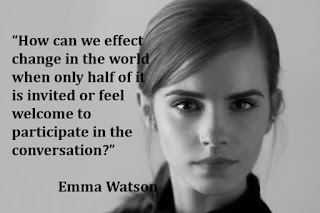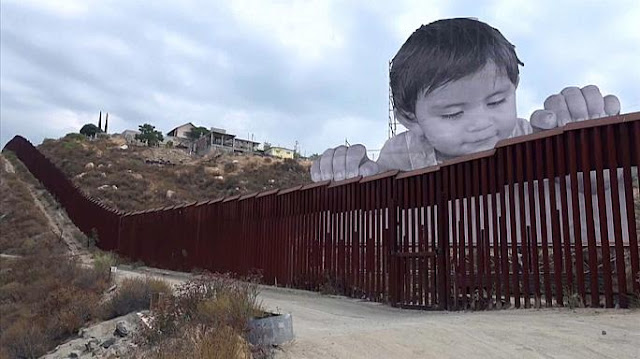Stereotypical systems
This passage by Taigi Smith brought out many emotions within me that I did not expect. I found myself sympathizing with her and with people in her similar situation, victims of gentrification, though the words and feelings that she poured out onto the pages. Gentrification revolves around much more than a simple relocation or improvement, it is an issue that is present in the areas of womanhood, economics, and most importantly, race.
Smith described the gentrification of her own home town, which she referred to as The Mission, as it being like "imaginary bleach was poured out on a community" (58). Arrogant white people took over the neighborhood, believing it was their own right to do so solely because they had the economic ability. This belief is the root of the problem. On far too many occasions, in years past and still today, whites have both given and received far better treatment across an array of situations because they are in fact white. Whites people are rich and people of color are poor; These stereotypes dominate our communities, economic system, and social standings, and it is accepted as the status quo.
I believe a major focus of this passage was the negative connotation that has been given to the world "welfare." In speaking of the white people who inhabited The Mission she said, "They want to believe we're all on welfare, destined to become single mothers and crack addicts (Smith 61). This relates greatly to our discussion on Monday and Hancock's depiction of the "Welfare Queen." We associate welfare with particular skin colors and accept stereotypical descriptions of these people, rather than considering who they actually may be and the struggles they may have. Smith's story fits perfectly with this discussion as the entirety of the neighborhood that she and so many others knew and loved was destroyed for a better and more successful way of life.
Smith described the gentrification of her own home town, which she referred to as The Mission, as it being like "imaginary bleach was poured out on a community" (58). Arrogant white people took over the neighborhood, believing it was their own right to do so solely because they had the economic ability. This belief is the root of the problem. On far too many occasions, in years past and still today, whites have both given and received far better treatment across an array of situations because they are in fact white. Whites people are rich and people of color are poor; These stereotypes dominate our communities, economic system, and social standings, and it is accepted as the status quo.
I believe a major focus of this passage was the negative connotation that has been given to the world "welfare." In speaking of the white people who inhabited The Mission she said, "They want to believe we're all on welfare, destined to become single mothers and crack addicts (Smith 61). This relates greatly to our discussion on Monday and Hancock's depiction of the "Welfare Queen." We associate welfare with particular skin colors and accept stereotypical descriptions of these people, rather than considering who they actually may be and the struggles they may have. Smith's story fits perfectly with this discussion as the entirety of the neighborhood that she and so many others knew and loved was destroyed for a better and more successful way of life.



Comments
Post a Comment